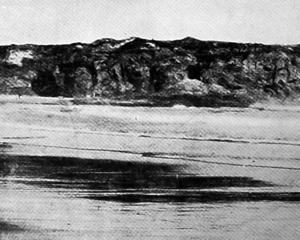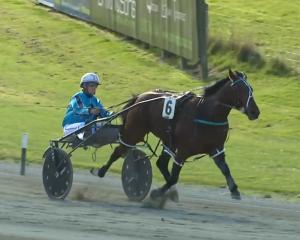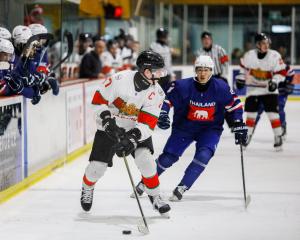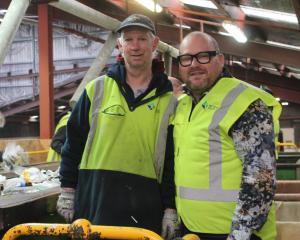
When the bus stop on Norwich Quay came into view there was a bus just drawing away from it. It believe it was G.K. Chesterton who said that the only way to catch a train was to miss the one before.
According to the timetable on the wall, another bus was due in ten minutes. Bus-stop minutes are long because of the sense of impotence, but when I looked up after ten of them, there was a bus. It felt like a miracle.

"The wheel is come full circle," said Edmund the Bastard in King Lear as he lay dying. I felt something similar. At the age of 16 I acquired a little motorbike and the freedom of the road, beholden to no-one and dependent on no timetable. And now half a century later, I was relinquishing that freedom. It was as if the bike had opened a bracket in my life, and this bus journey by pensioner credit was closing it. "Old fools are babes again," said King Lear’s nasty daughter.
The bus doors closed, the diesel engine strained and suddenly instead of driving I was being driven. The route involved a couple of detours in search of passengers, but it wasn’t until we were nearing town that the driver and I found company. An old man with a stick sank with relief into the first priority seat and a girl in glasses sat near me at the back, turning sideways on her seat, knees to chest, the whole of her being wrapped around the glowing nucleus of her cellphone. A notice by my seat informed me that we were all under surveillance.
In the town centre we had the advantage of a bus lane. It is remarkable how swiftly one’s attitude to things can shift.
Thank you, I said, to the driver as I alighted. The journey had taken perhaps five minutes more than it would have done by car, had cost me nothing and had been ecologically virtuous. And now here I was for the first time in the fabled bus exchange. I looked around for marauding gangs of schoolgirls but saw only a clean and airy building littered with quietly waiting passengers.
I had a lovely evening. Unconstrained at dinner by a waiting motor car, I drank exactly as much shiraz as was good for me and then some, with the result that the company and the conversation either sparkled or seemed to, and the distinction between the two is immaterial. And when I returned to the bus exchange I was in the best of all possible spirits which were only a little dampened by finding I had Chestertoned the penultimate bus.
While waiting for the ultimate bus — and don’t we all do a bit of that? — I observed my fellow passengers. They were few and quiet and solitary and looked as though they could be relied upon to exercise their vote responsibly in local elections.
When the last bus set off we rattled along deserted suburban streets all spectral under street lights. By the time we reached the Lyttelton road tunnel, it was just the driver and me. I was sad not to see a policeman doing breath tests.
Thank you, I said as I got off and stood to watch as he drove away in his bright-lit empty tube. In the preceding six hours Hawkhurst Rd had gained a little steepness so when I finally made it home I felt I’d earned a nightcap.
I woke on the sofa at five in the morning. The birds were starting up. Still dripping virtue, I went to bed.
Happy new year.
- Joe Bennett is a Lyttelton writer.












